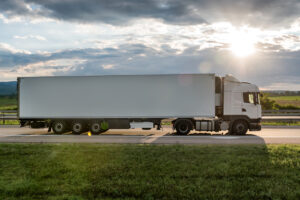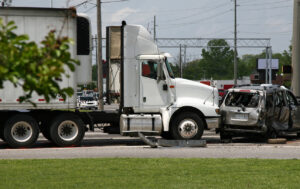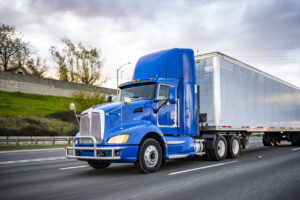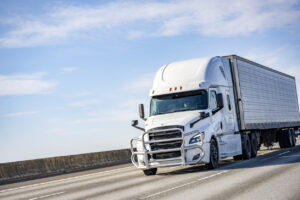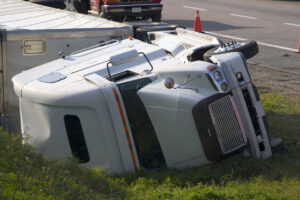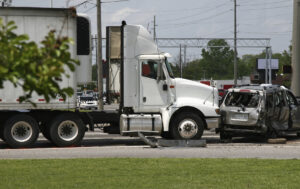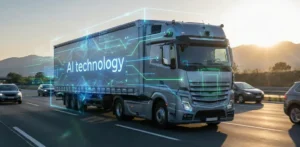
The Rise of Autonomous Trucking: What You Need to Know About Self-Driving Trucks
As our world becomes more centered around technology and artificial intelligence, we are fast approaching the point where our roads will be overrun by driverless vehicles. Like self-driving cars, driverless tractor-trailers and delivery trucks are beginning to appear on many roads and highways across the United States. Autonomous trucking refers to the use of AI technology to operate and drive semi-trucks without—or with limited—human guidance. If the technology proves safe and reliable, it could improve the safety of our roads. However, we are all involuntarily part of the current test phase, and in many states, these vehicles operate without any additional reporting, oversight, or extra insurance to cover when the machines and technology fail, injuring and killing people. The 6 Levels of Autonomous Trucking According to SAE International’s J3016 standard, truck-driving automation can be divided into six levels, ranging from Level 0 (fully human-operated) to Level 5 (fully autonomous). Levels 0-2: Human-Operated Vehicles These levels require a human being to



